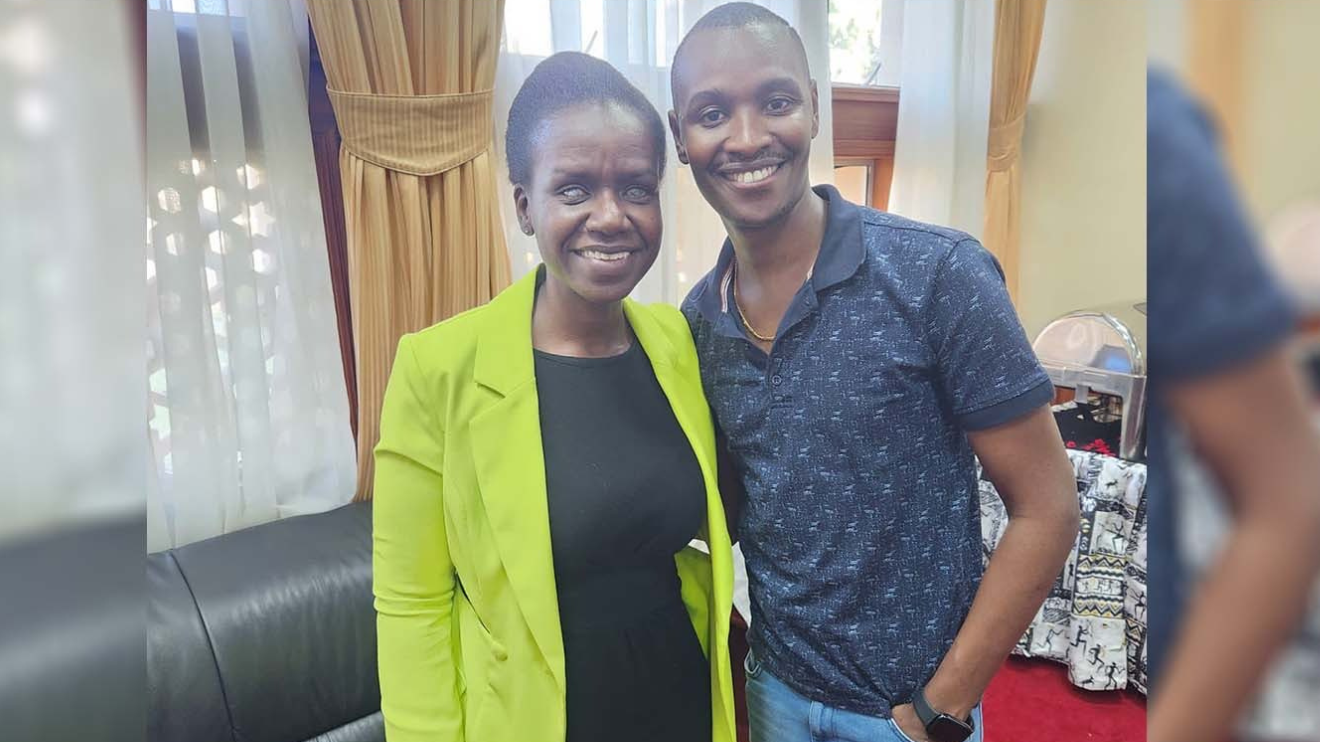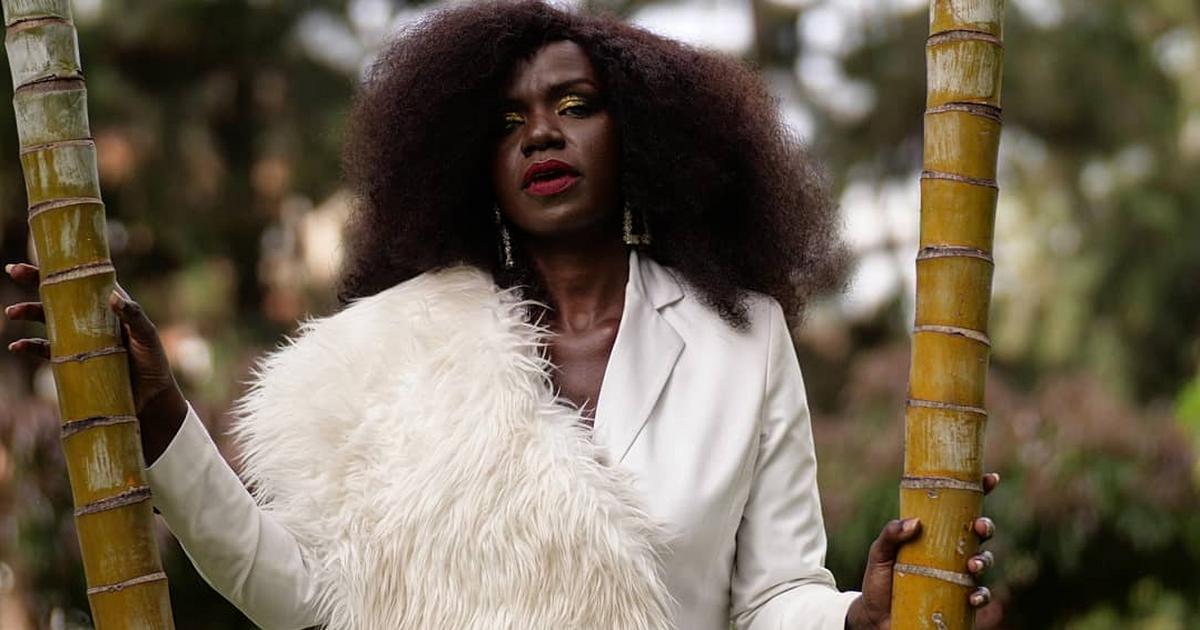Nominated Senator Crystal Asige has accused her former colleagues, Sauti Sol, and their record label, Sol Generation, of exploiting her disability for financial gain.
Speaking in a copyright infringement lawsuit she filed in 2022, Asige told the High Court that her dismissal from Sol Generation followed her contributions to five songs, including Extravaganza and 1919 to Forever. She claimed her departure came after she repeatedly requested a meeting with Sauti Sol to discuss a potential 360 recording deal. Dissatisfied with the Artist Development Agreement she had been offered—deeming it exploitative based on legal advice—she persisted, but the meeting never materialized as Sauti Sol members were reportedly “too busy.”
CHECK OUT:
During her testimony, Asige alleged that Sol Generation continued to present her as one of their signed artists, even though she had no binding contract. “They used my image and likeness to promote me as part of their artist lineup. My disability was leveraged as a marketing and PR tool—being the only female and the only person with a disability in the group made it a selling point for the label. It garnered public praise for championing the development of a young woman with a disability, which no other label was doing,” she said.
However, Sol Generation’s legal representative, shareholder, and co-director, Moriasi Omambia, denied the claims. In his written testimony, Omambia stated, “At all times during our engagement, she was treated with care and respect. When she needed medical attention, communication with her brother, Kelvin Asige, made it clear that she could take as much time as she needed to recover. We have never exploited her disability for financial gain.”
ALSO CHECK OUT:
Former Sol Generation signee Crystal Asige dishes the dirt on her relationship with Sauti Sol
Asige further testified that she was dismissed during a meeting on November 7, 2019, attended by Sauti Sol member Bien-Aimé and Omambia. She claimed the reasons for her termination were contradictory. “Bien said I was the weakest of the acts in terms of performance, recording, and overall artistry, but he also acknowledged I was excellent at songwriting. Meanwhile, Omambia claimed the label was financially strained and couldn’t afford to retain as many artists as they had initially signed. Other reasons cited were that I wasn’t ready as an artist. It felt like they were throwing anything at the wall to see what would stick,” she told Lady Justice Margaret Mwangi.









